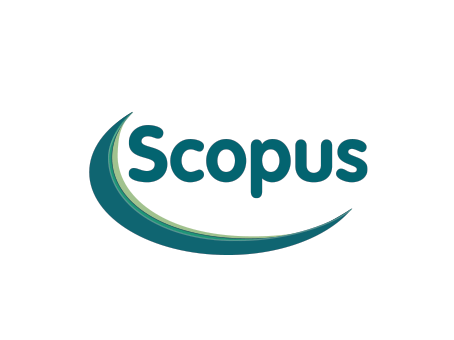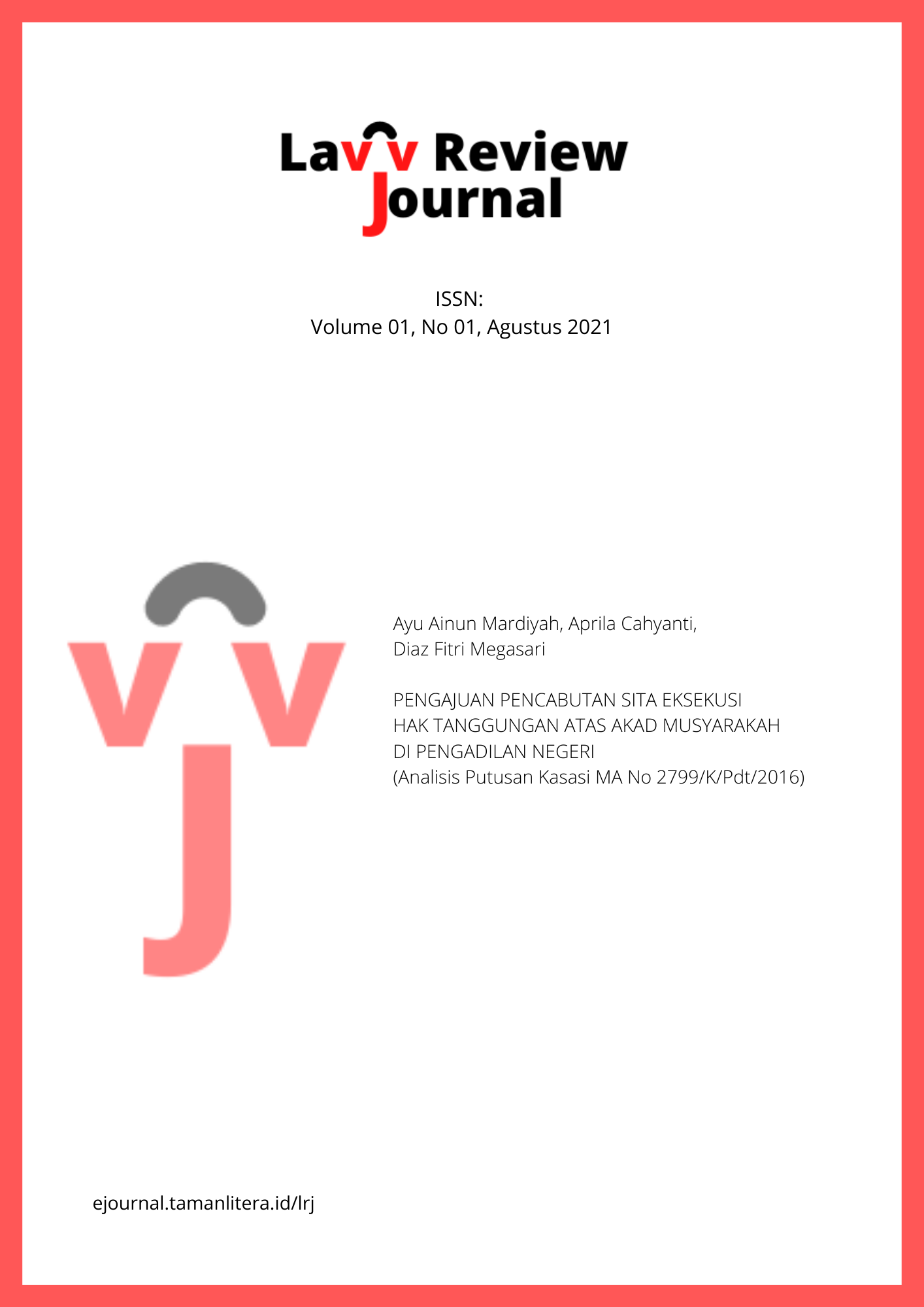Do you want to know detailed information about scopus ?
Scopus is a bibliographic and abstract database and a tool for tracking the citation of articles published in scientific journals.
Scopus - today it indexes 24 thousand titles of scientific publications in technical, medical and humanitarian sciences and 5 thousand publishers are concentrated.
The Scopus database is positioned by the Elsevier Publishing Corporation as the world's largest universal abstract database with the ability to track the scientific citation of publications.
You know, as of mid-2009, Scopus included 38 million records of scientific publications, including 19 million records of resources published after 1996.
Scopus today includes 24 thematic sections. Thematic coverage is distributed as follows:
• Physical sciences (32%)
o Chemical technology;
o Chemistry;
o Computer science;
o Earth sciences and planets;
o Energy;
o Production;
o Material science;
o Mathematics;
o Physics and astronomy.
• Medical sciences (31%)
o Medicine and dentistry;
o Nursing and medical professions;
o Pharmacology, toxicology and pharmaceutical sciences;
o Veterinary medicine and veterinary medicine.
• Life sciences (20%)
o Agricultural sciences;
o Biochemistry, genetics and molecular biology;
o Environmental Sciences;
o Immunology and microbiology;
o Neuroscience.
• Social Sciences and Humanities (17%)
o Art and humanities;
o Business, management and accounting;
o Theories of decision making;
o Economics, econometrics and finance;
o Psychology;
o Social Sciences.
Scopus indexes scientific sources published in various languages, provided they have English versions of annotations. The geographic coverage of publishers by region of the world is distributed as follows:
• Europe, the Middle East and Africa (52%);
• North America (36%);
• Asia-Pacific (9%);
• South America (3%).
Welcome to Scopus!




